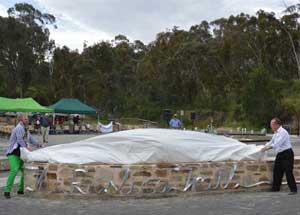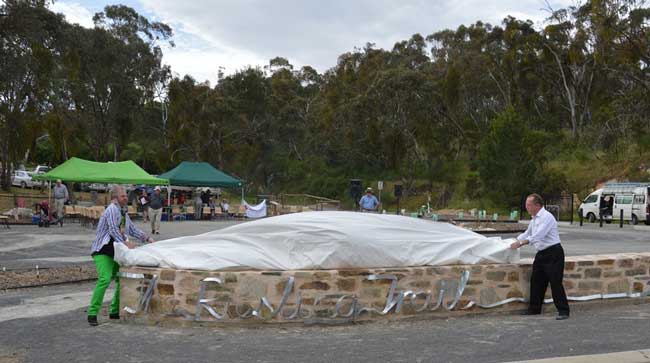

Analysis
They say that all politics is local.
But it’s not every day that Australian local governments and their mayors get to help make the call on who can take power at their state government level based on issues that affect councils and their residents.
That’s literally the situation that seems to be unfolding following the surprise result in the South Australian state government election where a clutch of key independent members now hold the winning hand when it comes to deciding who will take power.
With two state elections over the weekend it was easy to miss that the South Australia’s independent state MP for Frome, Geoff Brock, has said that he now needs to talk with councils in his electorate before making a call on who he may or may not support.
It would be fair to assume that there will be some sober reflection at Coalition HQ over whether the overtly populist tactic of taking a stick to the back legs of councils could now cost them government.
And whether rate pegging remains a core promise.
Councils make easy bogeymen for state MPs, especially when they conveniently make promises that don’t directly hit their budgets – like imposing rate pegging that puts a cap on ratepayers’ bills but often creates a revenue shortfall at town hall.
The latest rate pegging promise was rolled out by SA Coalition leader Steve Marshall in late February 2014, under the pretext of “[easing] the cost of living pressures” and “[saving] hundreds of dollars for South Australian households”.
The obvious inference is that councils grab excessive money and then deliver little for it. That may be the stereotype in parts of the tabloid and talkback media, but there’s a real question of whether the majority of people actually feel that way – especially if they’re parents relying on council child care rather than self-funded retirees sitting on escalating property values.
Naturally, the Local Government Association of South Australia (LGA) was unimpressed by the rate pegging promise and hit the idea for six as soon as it was bowled up.
The acting president of the LGA, Lorraine Rosenberg outlined the obvious worry that the rate pegging policy result in greater financial stress to councils and force reductions in service and service delivery to communities.
Ms Rosenberg warned that if South Australia copped New South Wales style rate pegging, the shortfalls could “cripple some councils’ capacity to respond to local needs.”
At a time when more and more services are being (cost) shifted to local government without sufficient funding, people often recognise council services better than they do state ones.
What seems to have been conveniently forgotten in the political playbook is that many electors now increasingly vote on local issues. It’s also one of the main reasons why independents get up in the first place over major party candidates that are seen as beholden to their political brand.
Now those communities that voted-in independents are set to reap the benefits that flow from holding the whip hand in the same way as Tony Windsor, Rob Oakeshott and Bob Katter all maximised their influence for the advantage of their individual electorates – which is their job.
When Frome’s independent state MP, Geoff Brock, says he needs to have talks with councils in his electorate, he really means two things.
The first is that councils should put together a wish list for him to put down on the negotiating table.
The second is that cutting local governments out of the deal isn’t going to happen.
The LGA is keeping its own counsel as the negotiations drag on. But in private, they will be telling both sides that their level of government has never been as important.
And many electors, once again, will be wondering why Australia needs state governments at all.
Comment below to have your say on this story.
If you have a news story or tip-off, get in touch at editorial@governmentnews.com.au.
Sign up to the Government News newsletter
